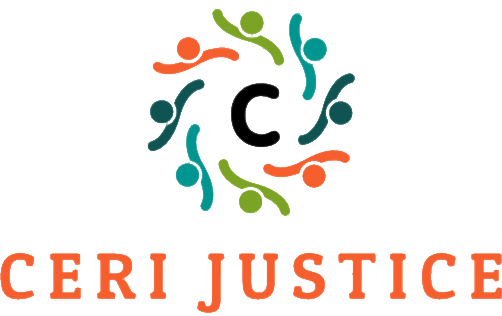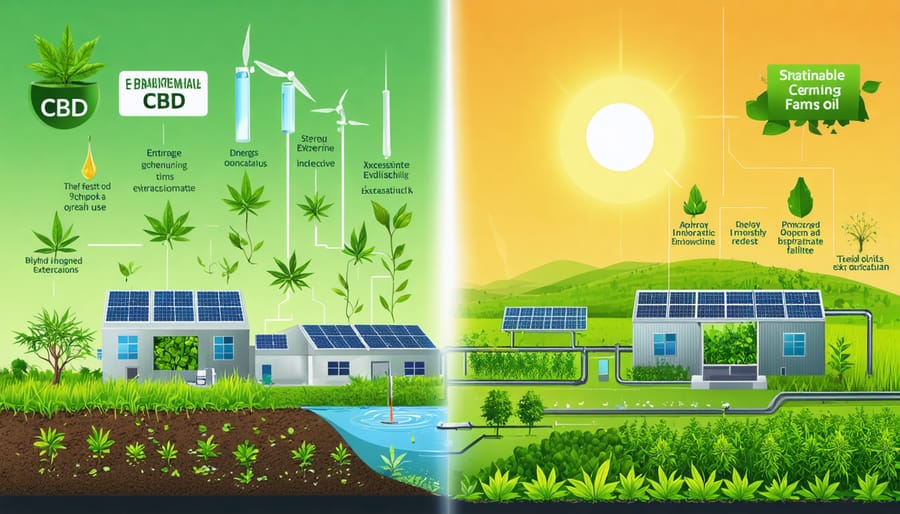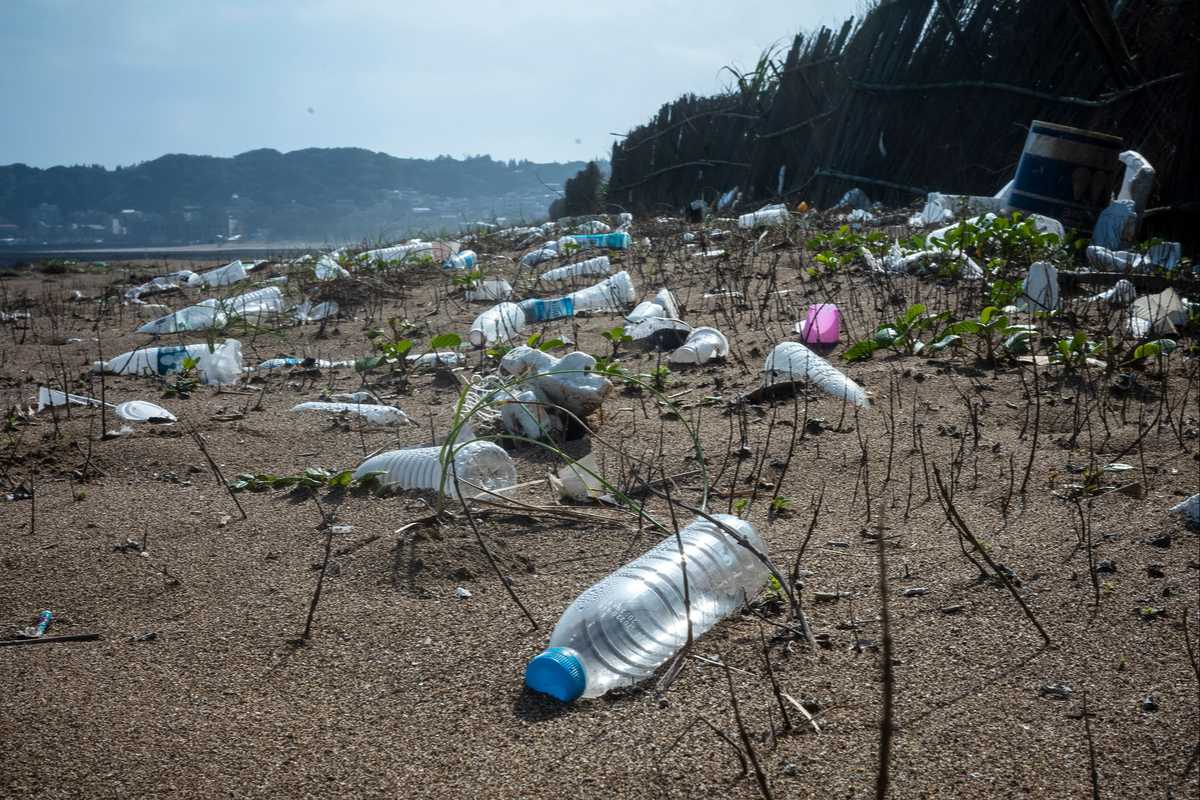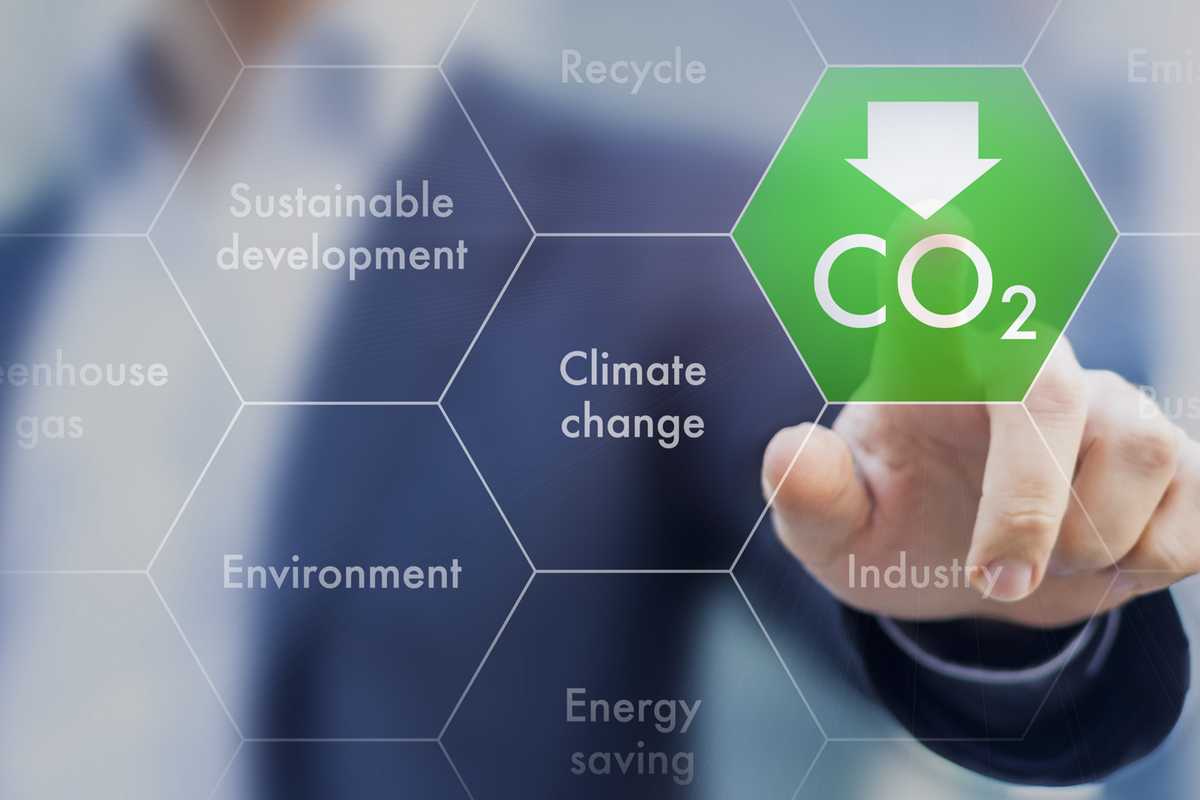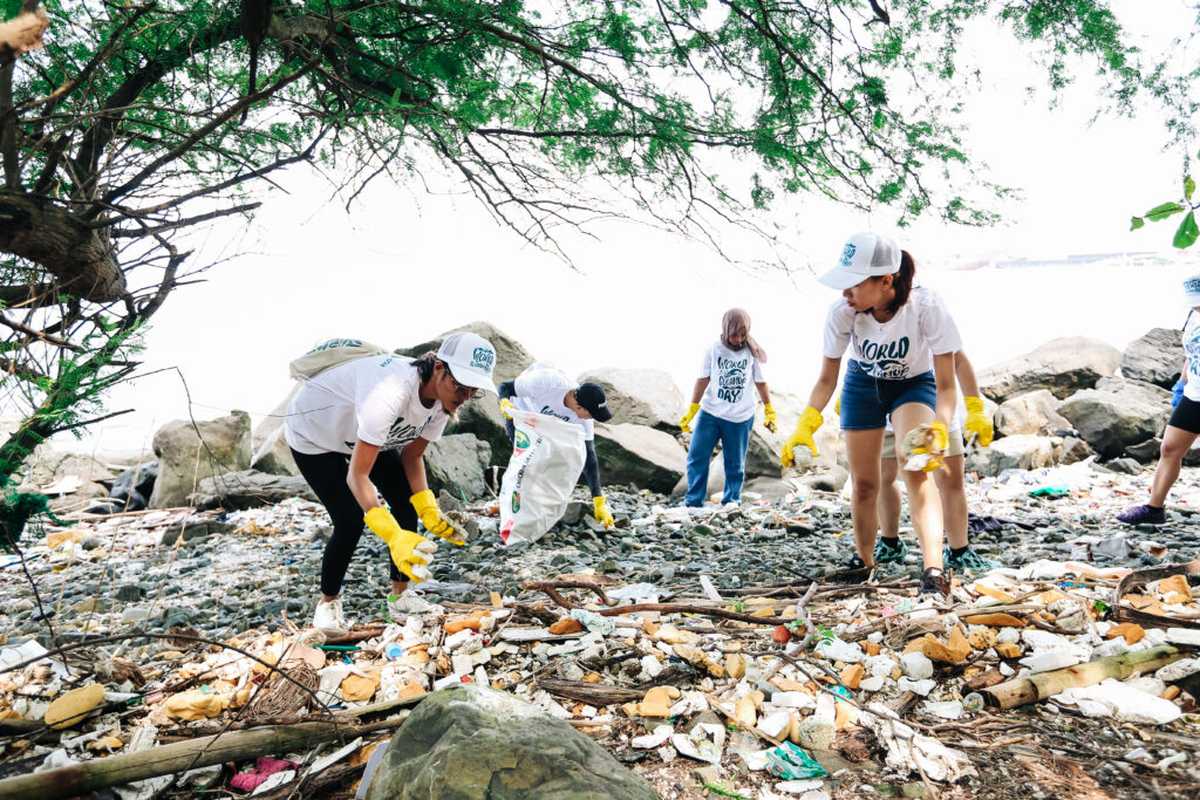
What You Need to Know About Us
At the Center for Environmental Research and Innovation (CERI), we stand as vigilant guardians of Mother Earth and her people. Our mission is rooted in a deep commitment to protect and restore the natural world while pioneering sustainable solutions that meet the environmental challenges of today and tomorrow. CERI leads…

Why Volunteer With Us?
CERI is a leading research and advocacy organization committed to advancing environmental conservation, sustainability, and climate action. Our multidisciplinary team of scientists, researchers, educators, and activists collaborates on projects spanning a wide range of environmental issues, from biodiversity conservation to renewable energy and waste reduction.
Latest News
CBD Oil Production’s Hidden Environmental Cost (And How We Can Fix It)
The rapidly expanding CBD industry faces a critical environmental crossroads as new research reveals the substantial environmental impact of cannabis cultivation. From water-intensive farming practices to energy-consuming indoor operations, even seemingly benign products like dog CBD oil contribute to mounting ecological concerns. Recent studies indicate that a single acre of indoor cannabis cultivation can consume as much electricity as 80 average homes, while …
Cannabis Cultivation’s Environmental Footprint: New Research Reveals Shocking Impact
The environmental footprint of cannabis cultivation demands urgent attention as the industry expands globally. While BudPop and other industry leaders pioneer sustainable practices, recent environmental impact studies reveal both challenges and opportunities. Indoor cannabis operations consume as much electricity annually as 2 million average American homes, while outdoor cultivation raises concerns about water usage, habitat disruption, and pesticide runoff.
This surge in environmental research arrives at a crucial moment, as worldwide cannabis legalization accelerates and …
How Bad is the Plastic and Water Pollution Right Now?
The crisis of plastic and water pollution has become one of the most pressing environmental issues of our time, highlighting a troubling scenario that affects ecosystems, wildlife, and human health globally. As we navigate through the 21st century, the extent and impact of this pollution present an alarming picture, requiring urgent and comprehensive solutions from all sectors of society.
The Plastic Pollution Predicament
Each year, approximately 380 million tons of plastic are produced worldwide, with a significant portion ending up in our oceans and waterways. It’s estimated that up …
Climate Change and Energy Initiatives in Canada: Pioneering Sustainable Future
As climate change continues to pose significant challenges worldwide, Canada is actively stepping up its game through substantial energy initiatives. These efforts not only focus on reducing carbon emissions but also on building a resilient, sustainable energy infrastructure. Here, we explore three major initiatives that underline Canada’s commitment to addressing global warming while promoting clean energy solutions.
1. Carbon Pricing: Leading by Economic Incentive
One of the cornerstone policies of Canada’s climate strategy is its carbon pricing system. Implemented nationwide, this …
Join Our Clean Up Environment Drive Now
At the Center for Environmental Research and Innovation (CERI), we believe that taking care of our planet is not just a responsibility—it’s a necessity. As part of our commitment to fostering a healthier environment and community, we are thrilled to announce our upcoming “Clean Up Environment Drive.” This initiative invites individuals, families, community groups, and businesses to come together and make a tangible impact on our local ecosystems.
Why Participate?
Every year, millions of tons of trash end up in our oceans, forests, and on our city streets, causing …
The Green Smoke: How Vaping Impacts Our Environment and What We Can Do About It
Explore and analyze the environmental footprint of vaping devices and e-liquids. Conduct thorough life cycle assessments to quantify emissions and waste generated from production to disposal. Investigate the recyclability of vaping components, encouraging sustainable practices among manufacturers and consumers alike. Enhance public awareness and responsibility by visiting resources such as The Vaporist collection, emphasizing innovative solutions within the e-liquid sector. Collaborate with policymakers to establish strict environmental regulations and promote green innovations …

